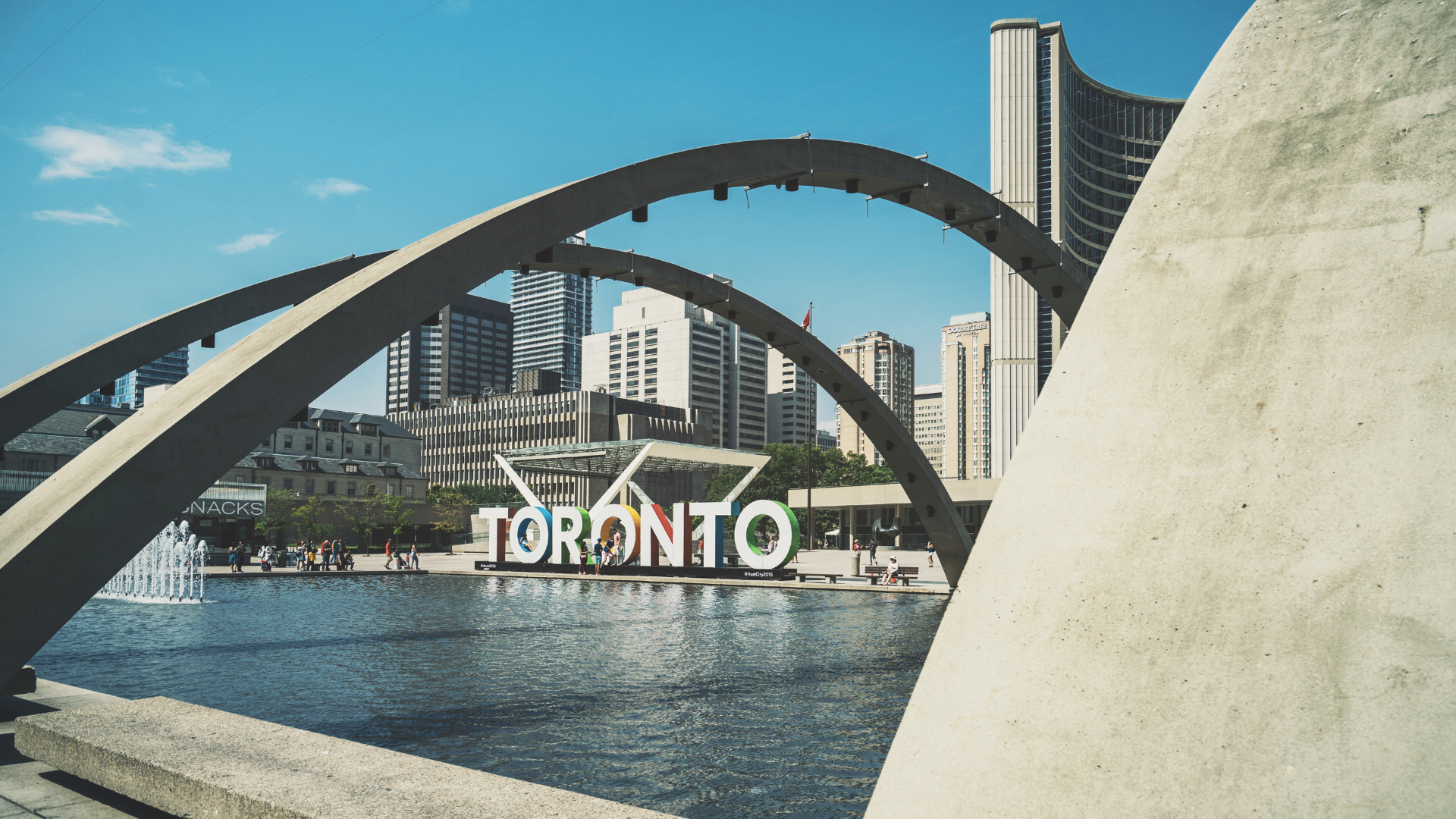Longer Open Work Permits Extended for TR to PR Pathway Applicants

Immigration, Refugees and Citizenship Canada (IRCC) has
announced an extension of its temporary public policy that allows applicants
under the TR to PR (Temporary Resident to Permanent Resident) pathway to
continue receiving longer Open Work Permits (OWPs) while their applications are
being processed. This policy, which also applies to the spouses, common-law
partners, and dependent children of applicants, will now remain in effect until
December 31, 2026.
What Is the TR to PR Pathway?
The TR to PR pathway was a limited-time immigration program
launched to help foreign workers with experience in essential occupations,
healthcare, or recent graduates from Canadian post-secondary institutions
transition to permanent residency. Although this pathway closed in 2021,
applicants still awaiting a decision on their PR applications can benefit from
the extended OWP policy.
Who Can Apply for an Open Work Permit?
Eligibility for Principal PR Applicants
To be eligible for an OWP under this policy, applicants
must meet the following criteria:
- Have
valid temporary resident status (or maintained status) in Canada, or be
eligible to restore their status.
- Hold
a work permit that is expiring within four months when applying.
- Submit
their OWP application online through an IRCC account.
- Clearly
indicate which TR to PR public policy their PR application falls under.
- Have
valid legal work authorization at the time of their PR application
submission.
- Achieve
the required language test results for their PR stream.
- Provide
proof of an Acknowledgment of Receipt (AOR) from IRCC, confirming their PR
application was received and accepted within the program’s cap.
Applicants whose PR applications have been withdrawn or
rejected are not eligible.
Legal Work Authorization
Valid legal work authorization can include:
- A
valid work permit.
- Authorization
to work under a public policy.
- Authorization
to work under section R186 of the Immigration and Refugee Protection
Regulations.
Language Test Requirements
Applicants must meet the following language benchmarks,
depending on the stream:
|
Stream |
Minimum Language Requirement |
|
Health care/Essential non-health care workers |
CLB 4 (English/French) |
|
International graduates |
CLB 5 (English/French) |
|
French-speaking workers (health care/essential) |
NCLC 4 (French) |
|
French-speaking graduates |
NCLC 5 (French) |
Fee Exemptions
Applicants must pay the standard work permit processing
fee, but the additional open-work permit holder fee is waived under this
policy.
Eligibility for Family Members
Spouses, common-law partners, and dependent children of TR
to PR applicants can also apply for OWPs if they:
- Submit
their applications online via an IRCC account, including the principal
applicant's Unique Client Identifier (UCI).
- Are
in Canada when applying.
- Are
listed as accompanying family members on the principal applicant’s PR
application.
- Are
18 years or older.
- Hold
valid temporary resident status or be eligible to restore their status.
Dependent Child Definition
A dependent child is:
- Under
22 years old and not married or in a common-law relationship.
- Over
22 but financially dependent on parents due to a mental or physical
condition.
What Happens if a PR Application Is Rejected?
If IRCC rejects a principal applicant’s PR application, any
associated work permit applications under this policy will also be refused.






